Which dog breeds are the smartest?
By MSc Gvapo Tripinovic and Adam Tripinovic
Welcome back to ParentingDad.com!
Today, we’re diving into a topic near and dear to our hearts: which dog breeds reign supreme in the smarts & skills department.
As avid dog lovers, Adam and I have spent countless hours researching and discussing this very topic. So, please grab a cup of coffee or juice and get ready to be blown away by our findings. Are you ready to find out which pups are the brainiest? Let’s dive in!

So, have you ever wondered if some dog breeds are smarter than others? We sure have! Recently, a group of brilliant researchers from the University of Helsinki in Finland did a study to try and answer this question. They checked out how well 13 dog breeds could do things with their skills and wits. Over 1,000 dogs, 1 to 8 years old, participated in one of the best and most extensive studies ever done on this subject!
The breeds included in the study were the Australian Kelpie, Australian Shepherd, Belgian Shepherd Malinois, Border Collie, English Cocker Spaniel, Finnish Lapphund, German Shepherd, Golden Retriever, Hovawart, Labrador Retriever, Mixed Breed, Shetland Sheepdog, Spanish Water Dog.
We found some really cool facts we wanted to share as we examined the study. It is super interesting!
So, what did the scientist look for and discover about dogs in this massive study?
They looked at how good the dogs were at solving problems and learning new things. They also checked out how well they could remember things and communicate with people they knew and people they were unfamiliar with. And guess what? They found out that some breeds of dogs were really good at some things while in others, things could have been better, to say the least.
For things to be more complicated even within the same dog species, the results varied depending on the environment where the specific dogs were raised. Imagine that as how humans with the same capabilities could perform completely differently in specific environments depending on their experience and training. In some, they will excel; in others, not so much.
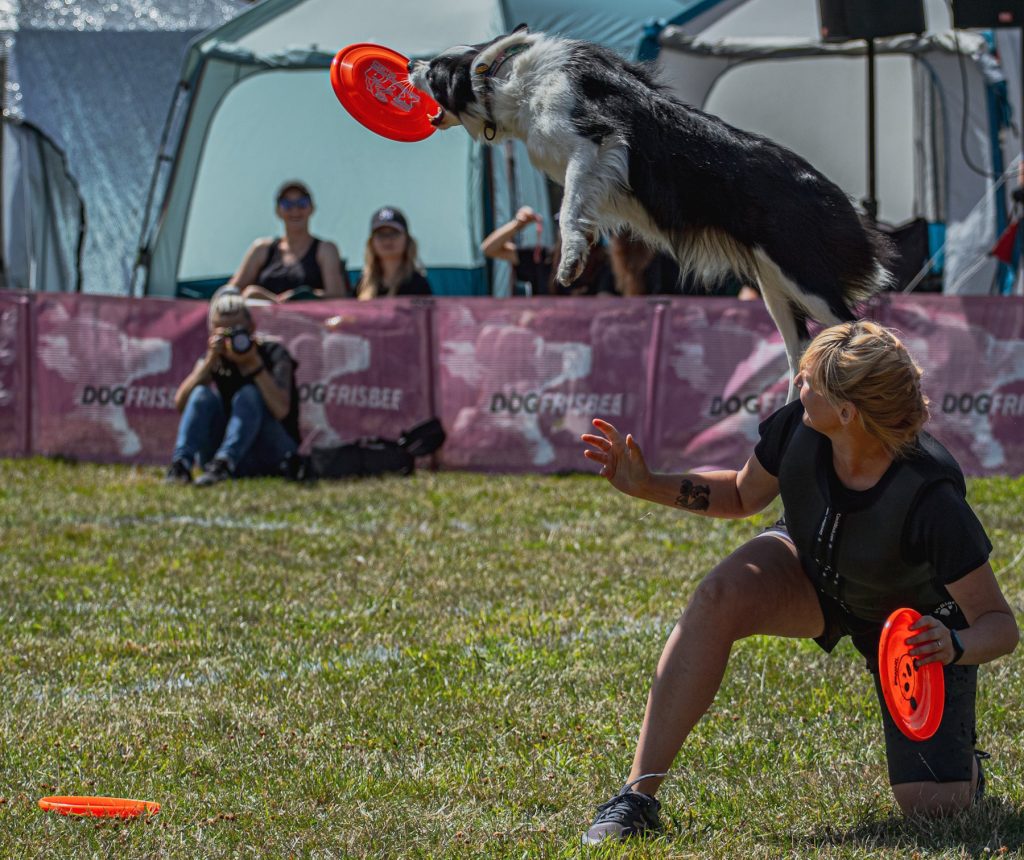
We learned that certain dog breeds perform exceptionally well at specific tasks. For example, the Border Collie is great at figuring out where things are around him and nearby space. Meanwhile, the Golden Retriever is super friendly and obedient, which helps it do well in tasks that involve social skills.
The German Shepherd is brilliant and can learn things very quickly. It’s great at staying focused and can not be easily distracted from given tasks.
However, some breeds could do better in these tasks. Dachshunds, for example, can sometimes need help sticking with something for a long time. Most mixed breeds could be better at figuring out how to solve spatial solving problems compared to the German Shepards or Malinois.
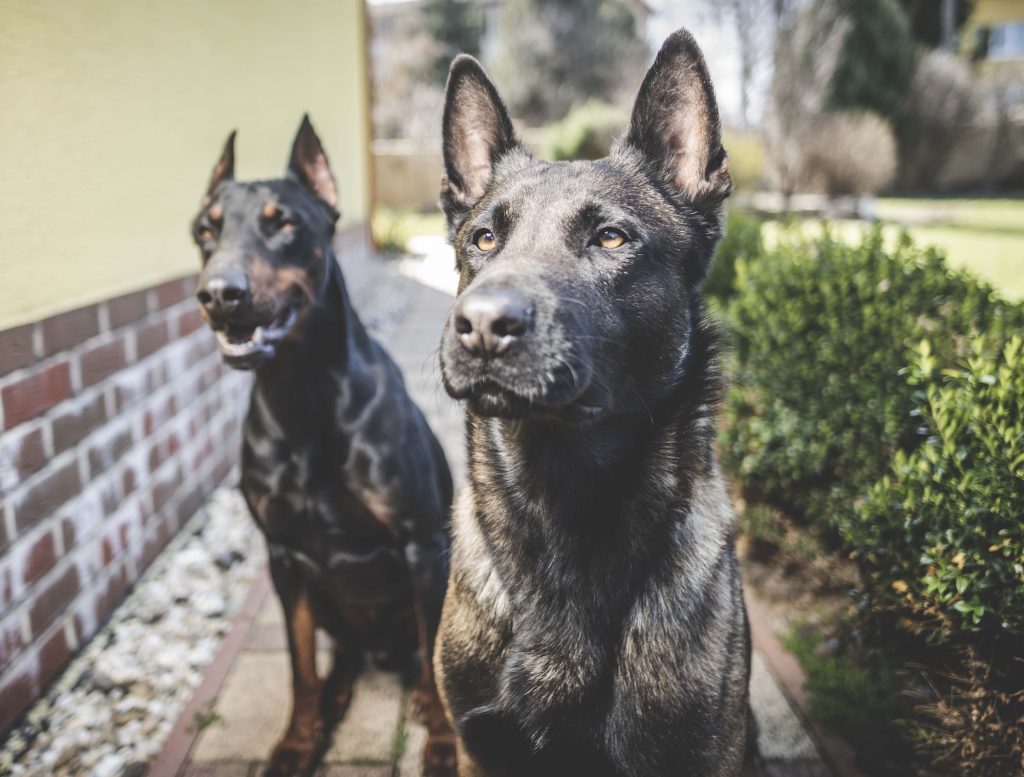
Here we would like to discuss and emphasize the importance of certain traits in different dog breeds.
It is essential to understand that the same characteristics can be desired in one dog breed while less desirable in another. Let us explain this in the following examples.
Inhibitory control and social cognition are two of these main traits.
Inhibitory control is when dogs can control their instincts and not act on them. Like if you want to take a cooky but you restrain yourself because that is not the right thing to do at that moment or the cooky is not yours.
Some species, like the Border Collie and Australian Shepherd, scored high in a test that measures inhibitory control. In this case, high inhibitory control is desirable and preferred. This is important in breeds like herding dogs, which must control their urge to chase and attack other animals.
However, other breeds like the Malinois and German Shepherd scored low. These breeds are active in working roles requiring quick and independent reactions, which means they need less inhibitory control to perform their duties quickly and well. In this case, the low inhibitory control is a good thing.
Human-directed behavior and social cognition are when dogs interact and communicate well with humans, no matter the instructions.
This is important in breeds like herding, retrievers, and pet dogs working closely and constantly interacting with people.
The good side is that these dogs are very obedient but usually require human guidance and command to perform their tasks.
In the test, the Kelpie, Golden Retriever, Australian Shepherd, and Border Collie spent most of their time paying attention to humans. In this case, that is required from them, and human-directed behavior is marked high.
In other cases, human-directed behavior must be low to perform the necessary tasks quickly. Breeds like the German Shepherd and Malinois can efficiently work independently without requiring human guidance to complete their job quickly.
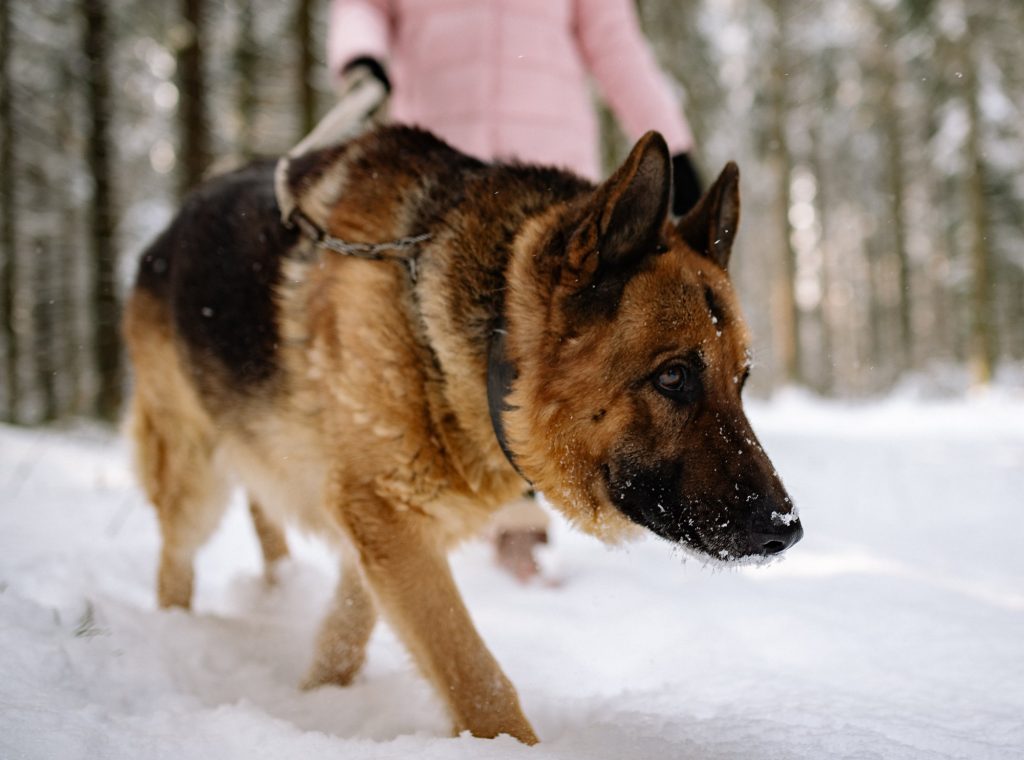
We wanted to discuss now some interesting findings.
Some tests confirm previous knowledge of how different breeds think and behave. They act and conduct following their breed’s function and purpose, like herding, hunting, or just being calm as a companion pet dog.
But, we found that researchers could not explain some traits based just on breed function. Even within the same breed group, like herding dogs, we noticed a lot of variation in how they performed on the cognitive tests. This means that although they belong to the same group, they can still behave differently due to their experiences, training, and treatment by the owners.
So, what does this mean for us dog lovers?
Well, doing more research with individual dogs rather than just a breed is essential. This will help us better understand our furry friends and how best to train and care for them. Although dogs will carry many treats by their breed, they are not limited to it and can learn and adapt to fit our individual needs and habits. Our dogs and we will benefit from this as we will know and understand each other better.
We were curious to see if different dog breeds acted differently because of their genes in the broader sense – so not only in the area close to their traits related to the breeds’ functions, as explained in the text above. But something interesting happened.
We found out that it’s not just genes that make a difference. It’s also how the dogs are trained and their previous experiences. That means we don’t know exactly how much they affect a dog’s behavior. But here’s what we do know: different dog breeds might not be so different after all. It’s not just about what kind of dog you have, but also how you treat them. So, if you have a dog, give them lots of love and attention. Train them well and give them positive experiences. Who knows? Maybe they’ll surprise you with how smart and well-behaved they can be! We would say the same as with humans.
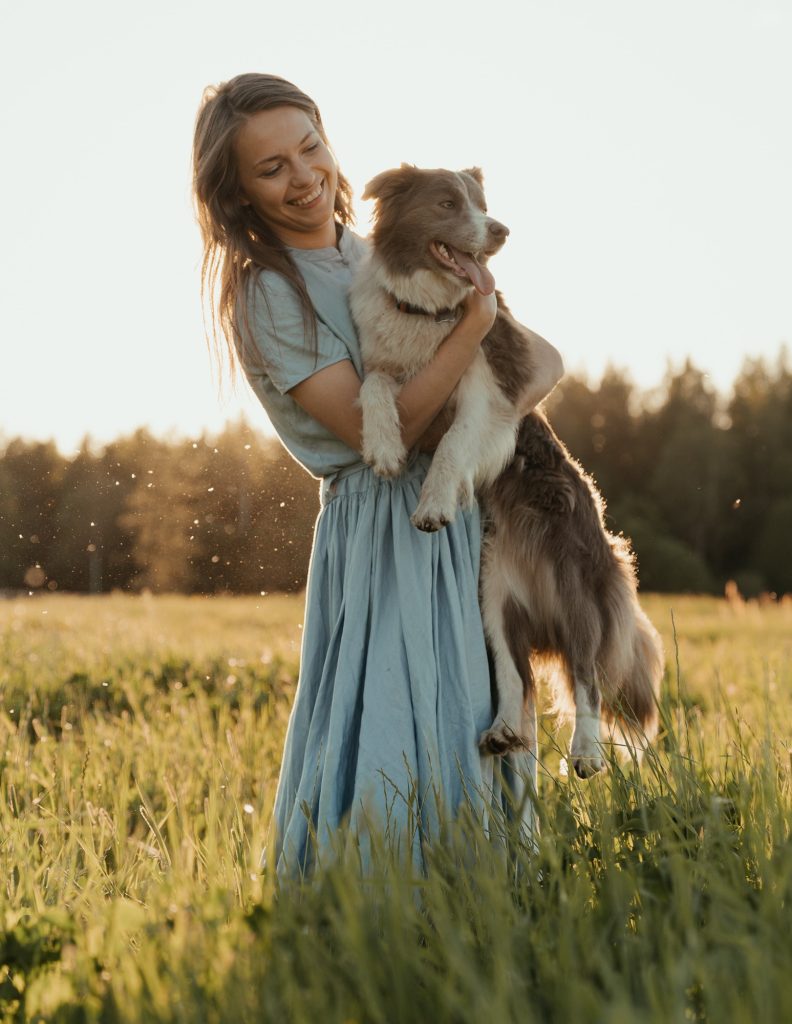
Adam and I can confirm the following from our own experience in keeping dogs (German Shepards, Ilirian Shepards, Dobermans, and mixed breeds) and interacting with many other species. Some of the smartest dogs we have ever seen and interacted with did not have formal training but had the opportunity to constantly interact with all members of their human families and be free. Counter to that, dogs with limited human interaction, restrained and confined, had mental issues, have been aggressive and difficult to predict and handle.
Does and how brain size and skull shape can affect differences between dog breeds?
Some breeds of dogs have bigger brains and different skull shapes than others, so we always wondered how this could affect dogs. However, we found that the in the world of dogs, the skull, brain, and body size do not affect dogs’ intelligence in any noticeable way to give it an advantage or disadvantage compared to other breeds.
What matters is how many neurons the animal has and how many neurons connection they have.
We could not find any specific study covering this exactly and which dog breeds have the highest level of neuron connections. If someone has it, please share it with us so we can include that data in our article.

Did you know that every dog has unique personalities, abilities, strengths, and weaknesses? Just like people!
While analyzing this new study, we definitively concluded that some breeds were better at understanding human gestures, solving spatial problems, solving given tasks, and being more skilled than others when faced with specific challenges.
Some breeds also behave differently when meeting new people or exploring new places. But interestingly, all the dog breeds performed similarly in memory and logic tasks. So, what does this mean for us? Well, it’s essential to understand that each dog is an individual and should be treated as such. We can’t assume that all dogs will behave the same way just because they are a particular breed. If you have a dog, getting to know its unique personality, weaknesses, and strengths is very important. Same as when you try to learn more and understand better your human friends.

If you’re considering getting a dog, research a breed that fits your lifestyle and personality. And consider that just as a first step as getting to know and live with your new dog friend will be a whole new incredible experience lasting 10 to 20 years.
So, what can we take away from this study?
Well, we learned that different breeds of dogs are good at different things.
When someone is asking which dog breed is the best and the most intelligent, the first next thing is to ask: for what exactly?
Without that selecting one dog breed over another would be simply wrong.
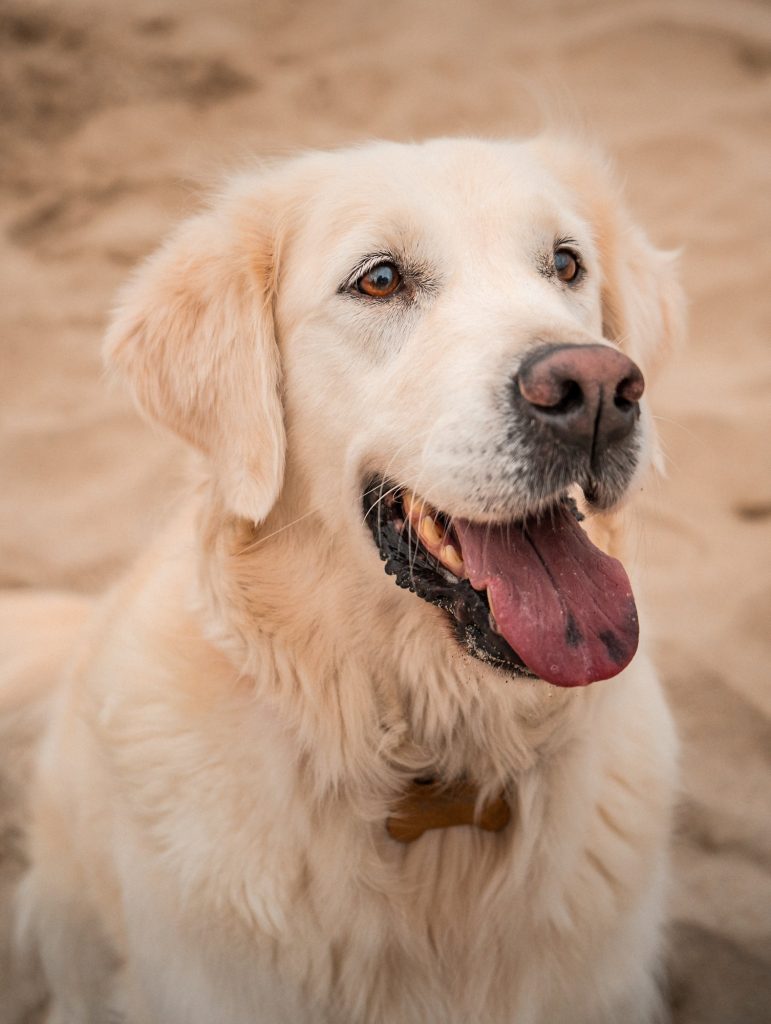
However, certain dog breeds may suit better for specific tasks than others.
For example, a Border Collie or a German Shepherd might be a good choice if you’re looking for a dog that excels in spatial problem-solving tasks.
If you are active, spend a lot of time outside, and seek adventure in terrains which is very difficult for almost any dog to accompany you. Belgian Malinois is probably the best choice.
If you’re looking for a friendly and obedient dog that performs well in tasks requiring social cognition, a Golden Retriever might be the way to go. Labrador could be a better choice if you want the same but with more energy.
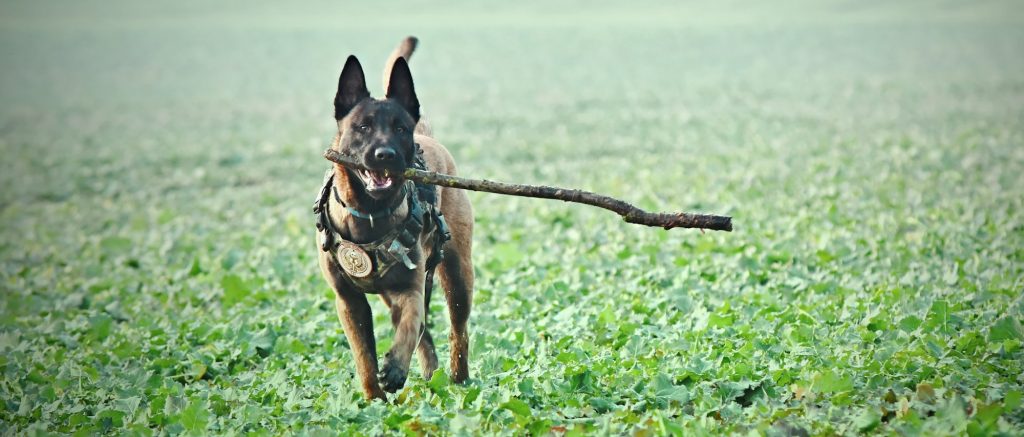
It’s also important to remember that training, time spent with your dog, and socialization significantly affect his cognitive abilities as he develops and adapts to your needs, requirements, and living space.
Proper training and socialization can significantly improve their skills, even if your dog isn’t naturally good at specific tasks.
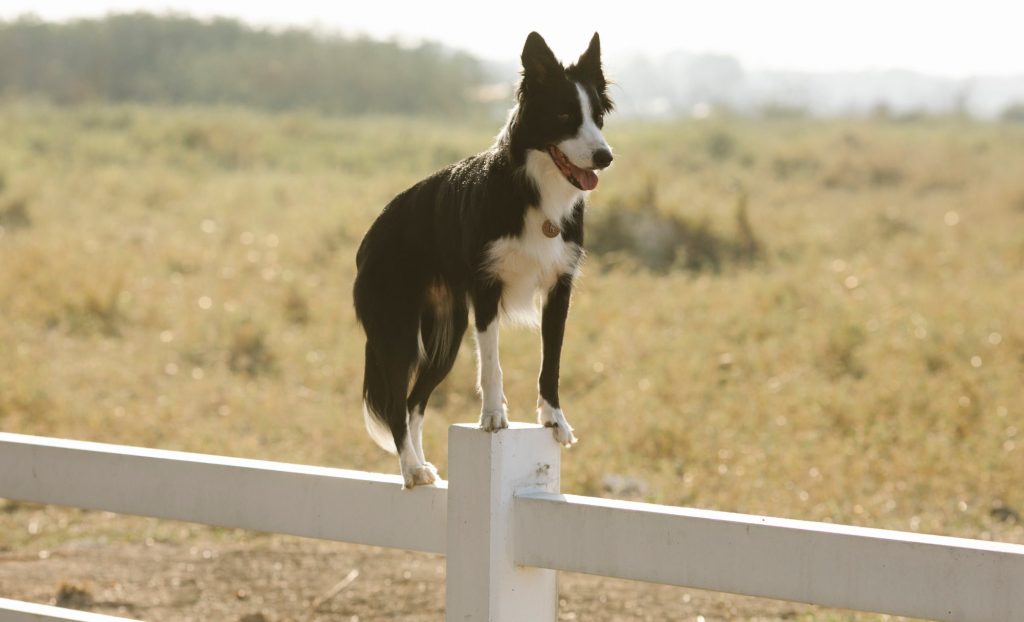
In conclusion, the study provides valuable insights into the cognitive abilities of different dog breeds.
While each dog is an individual with its unique personality, abilities, and skills, some specific tasks may better suit certain dog breeds. By understanding these differences, we can make more informed and better decisions when choosing a dog and working with them to develop their skills and abilities to match our specific needs.
We can categorize the results as follows:
Dog Visual-Spatial Intelligence:
- Border Collie
- Australian Shepherd
- Belgian Shepherd Malinois
Dog Social Intelligence (Human-directed Behavior and Social Cognition):
- Golden Retriever
- Australian Shepherd
- Border Collie
Dog General IQ:
- Border Collie
- German Shepherd
- Australian Shepherd
Dog Intelligence to do something independently (efficiently work without requiring human guidance):
- German Shepherd
- Belgian Shepherd Malinois
- Border Collie
Dog Intelligence to be obedient and wait for guidance & approval (High Inhibitory control):
- Border Collie
- Australian Shepherd
- Golden Retriever
But it is not just which dog breed is the smartest, as all the mentioned are considered among the most intelligent, but which is the right one for you – your needs and requirements.
We hope you learned something new today, and we can’t wait to hear about all your smart and amazing dogs with examples of their unique abilities and personalities, which make them so special and different from others!
While here, please check some of our other Educational, Active Life and Healthy Food, or How to be a Better Dad – Q & A articles.
If you’d rather watch a video or listen to our articles, check out our YouTube channel, Top 10 Facts.
Adam and I wish you a great day. Stay well, and keep smiling.
Keep being curious and asking questions!
You can find more great articles and videos about animals here:
Alpacas, Butterflies, Cheetahs, Dolphins, Do Fish Sleep, Dog – Which dog breeds are the smartest, Elephants, Great White Sharks, Sharks in aquariums, Snakes, Hummingbirds, Jellyfish, Lions, Pigeons, Red Pandas, Owls, Seagulls, Snails, Squirrels, and Wolves.
What animals would you like us to describe next?
Tell us in the comments below!
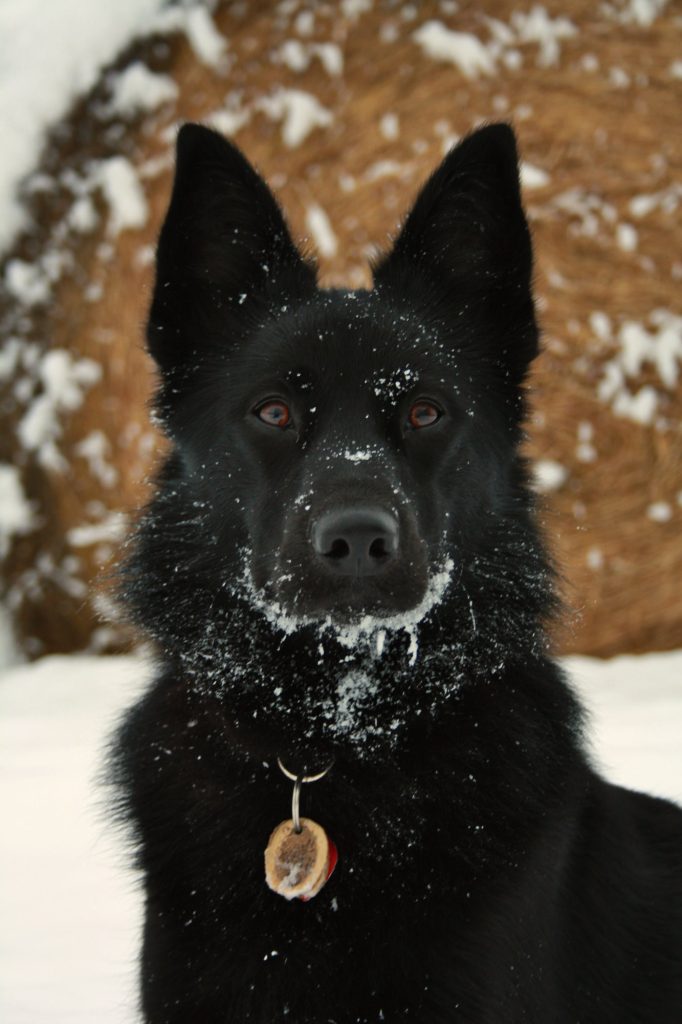
Disclosure: This article might contain product links, so we can get a small commission if you buy them at no additional cost to you if you decide to make a purchase. You can read more about it on our disclosure page. That way, you support this blog and our educational YouTube channel, for which I am thankful.
This site is for entertainment only.
